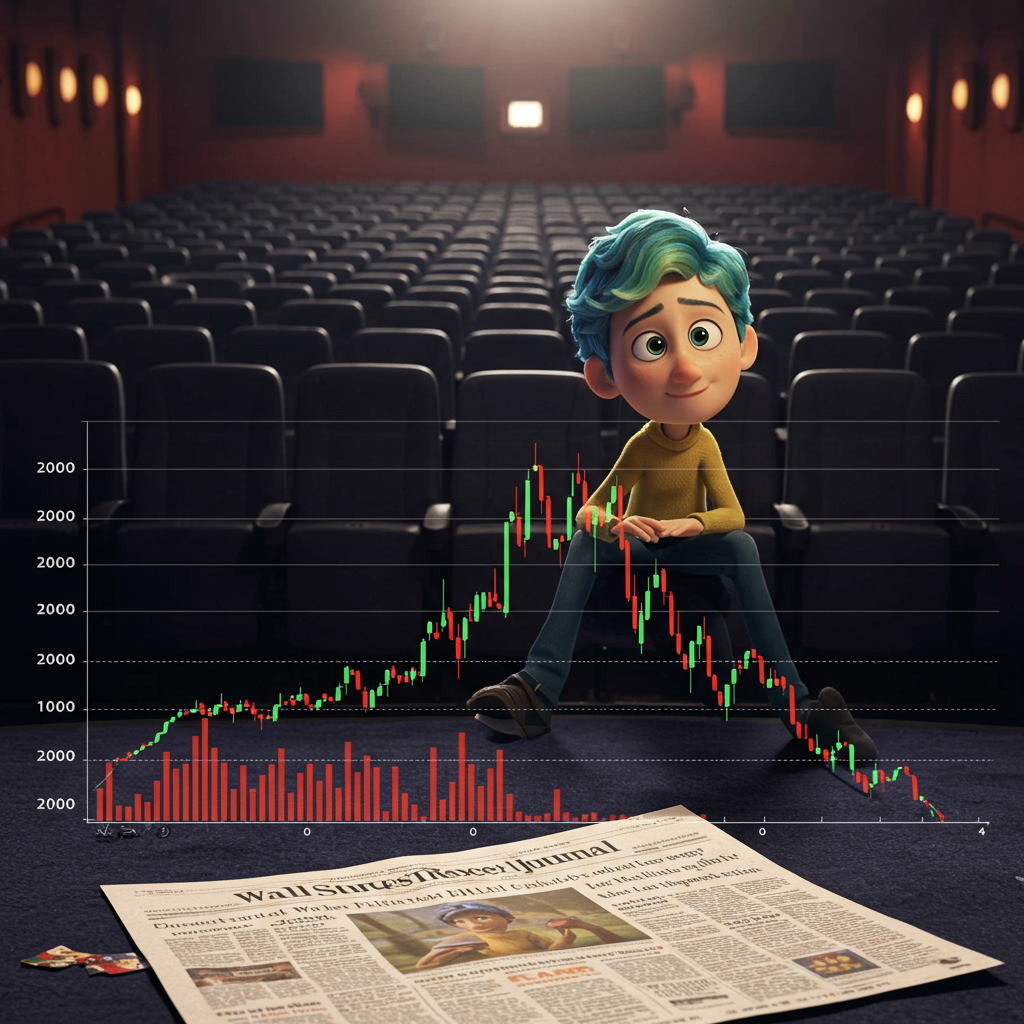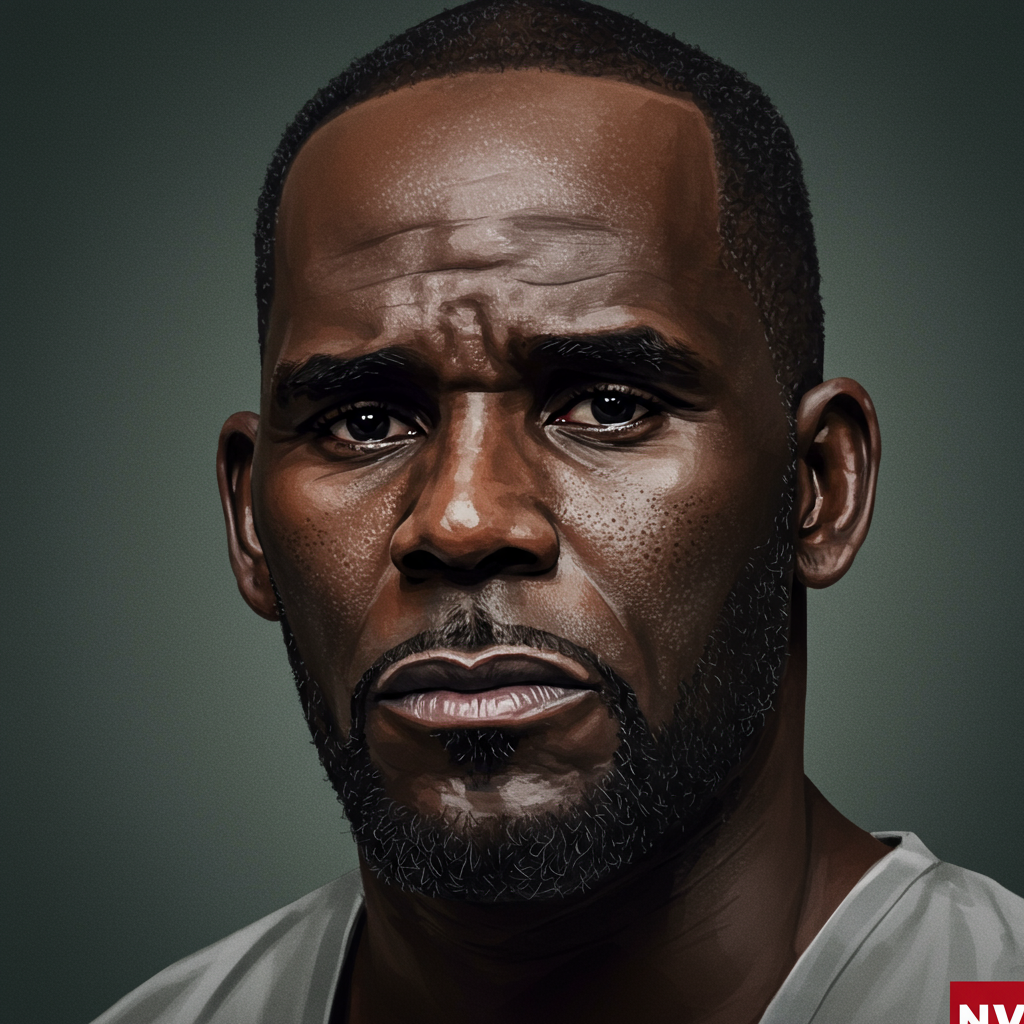Pixar’s latest film, ‘Elio,’ has stumbled right out of the gate, marking the worst domestic box office opening for any Pixar film ever with just $21 million. Its global launch also proved soft, totaling around $35 million, with its $14 million international take across 43 markets falling below expectations, despite launching before the widest availability of kids’ school holidays.
This disappointing performance highlights what one Wall Street analyst calls a “concerning trend” for the animation industry. According to Doug Creutz, who covers the media sector for TD Cowan, ‘Elio’ serves as a stark example of the “enormously wide” gap that has grown between the box office fortunes of original animated films and those based on established sequels or derivative properties, particularly since the Covid-19 pandemic.
The Widening Gulf: Originals vs. Sequels
Creutz points to compelling data illustrating this divide. Since 2022, the average global box office gross for original animated titles released by major studios like Disney (including Pixar) and Universal (including Illumination) stands at roughly $412 million. In sharp contrast, the average for the seven animated sequel installments released over the same period soared to $844 million – more than double the average for originals.
It’s worth noting, as the analyst did, that the $412 million average for originals is even skewed upwards by the massive $1.36 billion haul of ‘The Super Mario Bros. Movie.’ While Creutz included it in the “original” category for this comparison, its success was clearly driven by being based on a globally popular, decades-old video game franchise. This means the average for films based on entirely new concepts is likely significantly lower, making the performance gap even more dramatic.
Despite ‘Elio’ earning a relatively positive 84% on Rotten Tomatoes, placing it well within the top third of reviewed films annually, critical reception couldn’t overcome audience reluctance, mirroring a pattern seen with other original concepts.
Fewer Originals Ahead? The ‘Blame Audience’ View
The clear trend favoring sequels and franchises is expected to heavily influence studio decisions. Creutz predicts that movie studios will react by greenlighting fewer animated films based on original intellectual property (IP). In a controversial view, the analyst suggests this shift is driven by audience preferences, stating studios “don’t blame film execs, blame audiences.”
The Stakes for Disney’s Empire
However, this potential pivot away from original animation presents a significant problem: without developing new hit properties, a studio cannot grow its vital IP portfolio. This challenge is particularly acute for Disney.
Disney heavily relies on its integrated business model, often described as the “animated film/parks/consumer products flywheel.” Successful animated films generate new characters and worlds that can be leveraged for lucrative theme park attractions, merchandise, and further content, driving overall company growth and revenue (Disney’s parks alone generate around $34 billion annually). As Dennis Spiegel, CEO of International Theme Park Services, noted, intellectual property has become the “cornerstone of the modern theme park industry.”
While recent Disney/Pixar releases like ‘Inside Out 2’ and ‘Moana 2’ have been massive box office hits, and the upcoming ‘Toy Story 5’ is anticipated to perform strongly, these are sequels building on existing foundations. They don’t provide entirely new IP needed to refresh park attractions or experiences and feed the long-term growth pipeline. ‘Elio’ was intended to be one such potential source of new IP.
Investors initially reacted to ‘Elio’s soft opening, sending Disney shares down slightly before they recovered. While individual film performance rarely tanks a stock price anymore, the chilling implications of a potential malfunction in the critical theme-park assembly line – one that relies on fresh, successful animated IP – is certainly enough to give the market pause. This strategic concern was reportedly one reason Disney previously pushed ‘Elio’s release date from 2024 to 2025, aiming to avoid a potential misfire during a period when CEO Bob Iger faced a proxy fight.
In essence, ‘Elio’s box office stumble serves as more than just the failure of a single film; it’s a flashing red light for the animation industry, signaling a potential retreat from original storytelling and posing a specific challenge for IP-dependent giants like Disney in their quest for long-term growth.
References
- deadline.com
- <a href="https://www.imdb.com/it/news/ni65348524/?ref=ttnwr_1″>www.imdb.com
- uk.news.yahoo.com
- <a href="https://www.imdb.com/news/ni65348023/?ref=nwcart_perm”>www.imdb.com
- <a href="https://www.imdb.com/es/news/ni65348464/?ref=nwcart_perm”>www.imdb.com



